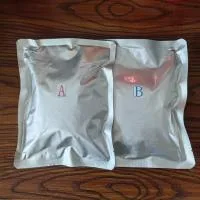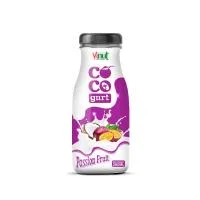Product Name: Matcha Powder
Part Used: Tea Leaf
Appearance: Green Fine powder
Active Ingredients:Matcha Powder
Specification :A AA. AAA. AAAA. AAAAA
Grade:Food Grade, Beverage Grade, Tea Ceremony Grade
Place of Origin:China
Packaging:1KG/Bag. 5kg/drums
The private label service:500g/1kg/ Aluminum foil bag
Matcha Nutrition Facts:
Product Name | Item | Per 100g | NRV% |
Matcha Powder | Energy(KJ) | 1202 | 14.28% |
Protein(g) | 24.2 | 40.33% | |
Fat(g) | 1.1 | 1.83% | |
Dietary Fiber(g) | 15.6 | 62.4% | |
Total Carbohydrate(g) | 26.3 | 8.76% | |
Sodium(mg) | 0.6 | 0% |
Matcha powder is rich in nutrients and trace elements necessary for the human body.
Its main components are tea polyphenols, caffeine, free amino acids, chlorophyll, protein, aromatic substances, cellulose,
vitamins C, A, B1, B2, B3, B5, B6, E, K, H, etc. There are nearly 30 kinds of trace elements such as potassium,
calcium, magnesium, iron, sodium, zinc, selenium and fluorine.
Nutrients of Matcha (100g) :
Protein 6.64g (nutrients for muscle and bone formation)
Sugar 23.67g (Energy source for maintaining body and exercise vitality)
Food fiber 55.08g (help to expel harmful substances from the body, prevent constipation and lifestyle diseases)
Fat 2.94g (active energy source)
Β Tea polyphenols 12090μg (closely related to eye health and beauty)
Vitamin A 2016μg (Beauty, beauty skin)
Vitamin B1 0.2mg (energy metabolism. Energy source for the brain and nerves)
Vitamin B2 1.5mg (promotes cell regeneration)
Vitamin C 30mg (an indispensable component of collagen generation, related to skin health, whitening, etc.)
Vitamin K 1350μg (helps calcareous bone formation, prevents bone thinning, and adjusts blood balance)
Vitamin E 19mg (antioxidant, anti-aging, known as the rejuvenating vitamin)
Folic acid 119μg (prevent improper cell replication, inhibit the growth of cancer cells,
is also an indispensable nutrient for pregnant women)
Pantothenic acid 0.9mg (to maintain the health of skin and mucous membranes)
Calcium 840mg (prevent brittle bones)
Matcha Application
The Matcha industry has grown very large. Matcha has no additives, preservatives and artificial colors.
In addition to direct drinks, matcha is widely used as a nutritional fortification agent and natural color additive in many industries such as food,
health care products and cosmetics, resulting in a wide variety of matcha sweets:
Food: Moon cake, cookies, melon seeds, ice cream, noodles, matcha chocolate,
matcha ice cream, matcha cake, matcha bread, matcha jelly, matcha candy
Beverage category: canned beverage, solid beverage, milk, yogurt, matcha can beverage, etc
Cosmetics: Beauty products, matcha mask, matcha powder, matcha soap, matcha shampoo, etc

























Reviews
There are no reviews yet.